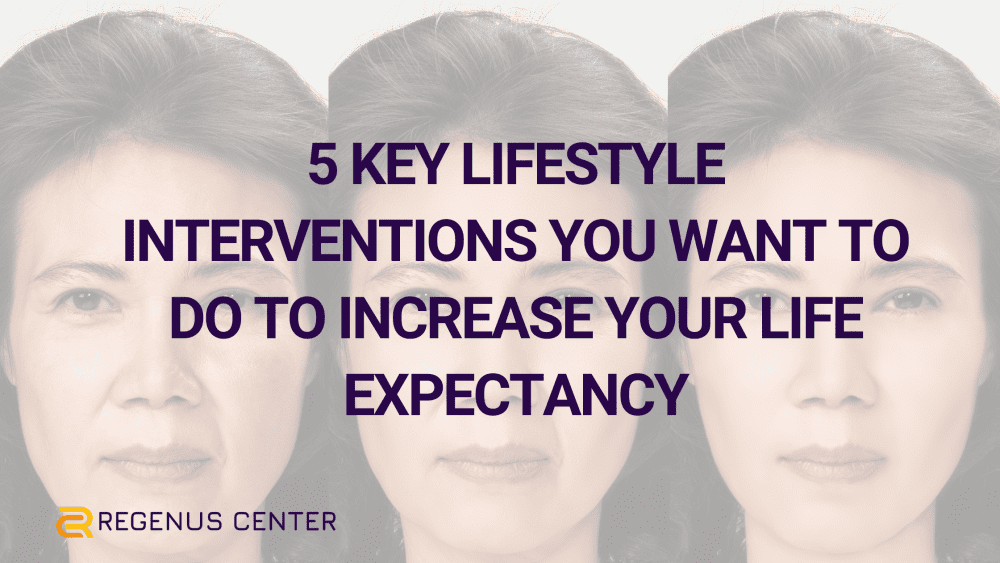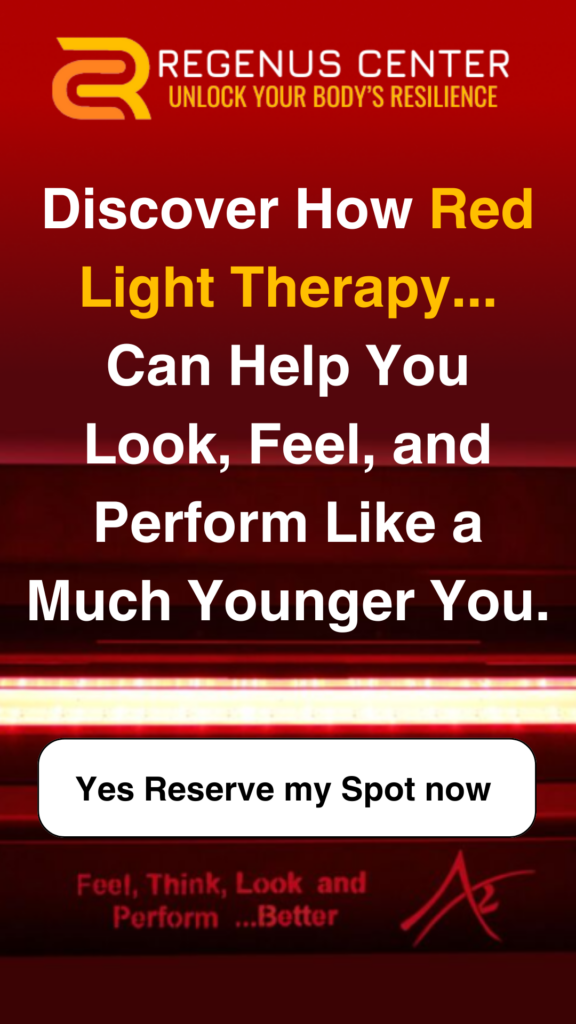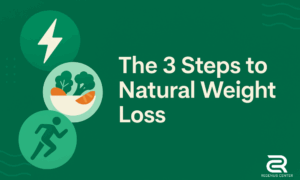If you live longer than the average person, 78.6 years—76.1 years for men and 81.1 years for women, then you could be said to have longevity. Striving for your maximum potential age is the goal of longevity.
It comes by practicing healthy lifestyle habits and attitudes.
Longevity is defined as “long life” or “a great duration of life.” The term comes from the Latin word longaevitās.
In this word, you can see how the words longus (long) and aevum (age) combine into a concept that means an individual who lives a long time.
The most important part of this definition is the comparative nature of it. Long life implies longer than something—and that something is the average lifespan—but the reason you live longer than the average lifespan is because you have a longer health span.
And that’s what this article is all about, lifestyle interventions to increase your health span. You don’t want to live a life where 20% or more of your life is lived unhealthy, resulting in a shorter health span and therefore a shorter lifestyle.
What is a lifestyle intervention?
If you are not experiencing the results and quality of life you want, you need a lifestyle intervention— an action or actions you take to improve a situation.
But lifestyle interventions, in the traditional way they’re communicated in medical terms, are often more about what you are eliminating (such as alcohol and tobacco) versus what you are improving, such as the aspects of your lifestyle that results in more energy, better health, and higher personal performance.
The irony of lifestyle interventions is that they are meant to help a person overcome lifestyle-induced diseases; telling, the person’s previous usual lifestyle caused them.
So, you are ultimately using a lifestyle intervention to overcome what was likely caused by your current lifestyle.
Therefore, lifestyle intervention is more accurately and practically stated as a lifestyle change, improvement, or optimization.
Even people with the poorest lifestyle habits are practicing optimal living strategies to some degree; if they weren’t, they wouldn’t be alive.
For example, if a whole-food, nutrient-rich eating style is the premise of healthy eating, even a person who eats a lot of junk food is getting at least some nutrients in the way they are eating. If not, they would devolve even faster and not be alive for long.
But now, when you switch from eating 10% nutrient-rich foods and 90% nutrient-poor calories to 30%, 50%, 70%, and eventually 90% or more whole, nutrient-rich foods, your health span from a nutritional standpoint will significantly improve.
Optimizing the way you eat and live resolves the causes or hidden lifestyle challenges affecting one’s energy, health, and capacities to function and perform, aka their “human performance,” which is ultimately determined by your lifestyle.
So here are just a few of the 5 critical lifestyle interventions you want to make to extend your life.
You need to:
Sleep like a pro
This is one-third of your life, and it’s what makes the other two-thirds of your wakeful hours possible. It is also the key to longevity because sleep is not about sleep; it’s about restoration and all that happens during sleep that extends your life.
If you keep cutting into your sleep time every night, your sleep processes don’t get to complete.
If your sleep processes get cut short and don’t complete, your body eventually breaks down. Not only were those healing processes cut short, but you also don’t have enough time to restore the energy, that enables that healing to take place and ready you for another day of wakeful hours.
Proactively recharge your body
It’s not enough to regularly breathe clean air and fuel your body right to enable your body to make ATP—the chemical currency of energy in your body.
You must proactively recharge and restore your body’s “battery,” so to speak, to create the action potentials or “nerve impulses” energy production requires.
It’s not uncommon to hear that you need food (sugar) and oxygen for ATP production. Of course, you need nutrients that ultimately get broken down into glucose, and you need oxygen to unlock the energy in the nutrients.
It’s called cellular respiration. But for cellular respiration to happen, you need to have a healthy supply of electrons, the basis of electrochemical potential (electrical) stimulated by sunlight’s red and near-infrared light. This electrical energy power the mechanical (ATP Synthase) to produce the chemical ATP using the other essentials to cellular respiration nutrients and oxygen.
Red and near-infrared stimulates cellular respiration and boosts energy production. Notice I didn’t say stimulate energy (like coffee) but boost energy production instead.
That’s one of the primary reasons people come to Regenus Centers and use our whole-body red light therapy beds.
Restore and manage your energy effectively
Once you recharge your energy, you’ve got to restore your power and manage that energy effectively.
Recharging will prompt the body to produce more energy, and it’s excellent following a poor night’s sleep, ahead of an active or athletic event where having more power is vital. Still, it does not mean you are fully restoring your body battery.
That takes more time, like charging your cell phone in full takes more than a quick recharge, for 15 minutes. But those 15-minute recharges add up to restoration if you give yourself more time.
Then to prevent yourself from running your body battery down, you need to manage your energy.
That’s where this gets more dynamic in that there is a psycho-emotional element here that messes people up when they overexert and no longer have the personal power (meaning energy) to function at total capacity.
So, you need to know how to interpret what happens during fatigue, so you don’t respond to the stress of fatigue in ways that create even more stress.
In addition, if you want to manage your energy like a pro, you need the lifestyle skills to manage external stresses enroute to achieving your goals. Managing your energy is the key to longevity; you must maintain a lot of life force.
Eat nutrient-rich foods
You probably thinkI’m talking about macronutrients, protein, carbohydrate, or fats, and if so, you would be partially correct but more incorrect than accurate.
I am not talking about the macronutrients mentioned above. When we refer to the concept of eating “nutrient-rich,” I’m referring to eating foods with more of the non-caloric micronutrients in food such as phytochemicals, vitamins and minerals, and water.
Get this right, and the bulk of the foods you are eating are micro “nutrient-rich,” as long as you are not deficient in calories, you can get more than enough macronutrients (protein, carbs, and fat) of the right kinds.
But you will now get the micronutrients in plentiful enough supply that your body will stay healthy, and you will live longer.
Activate and strengthen your body
If you’ve got 1-3 down, you will be more in the mood and want to activate and strengthen your body. If over-exerted, your muscles will ache, potentially painfully, and you can begin to experience spasms and the like.
Let’s face it, without enough energy; you will be tired.
General Disclaimer: These services are not intended to diagnose, treat, cure or prevent any disease. This Website offers health and fitness advice. This advice is designed for educational purposes only and is not intended to replace the advice, treatment, or diagnosis of a healthcare professional. Always consult your physician before beginning any therapy program. You agree that you assume all responsibility when choosing to act on any of the health or fitness advice contained on this Website. We reserve the right to amend this policy at any time without any prior notice to you.






